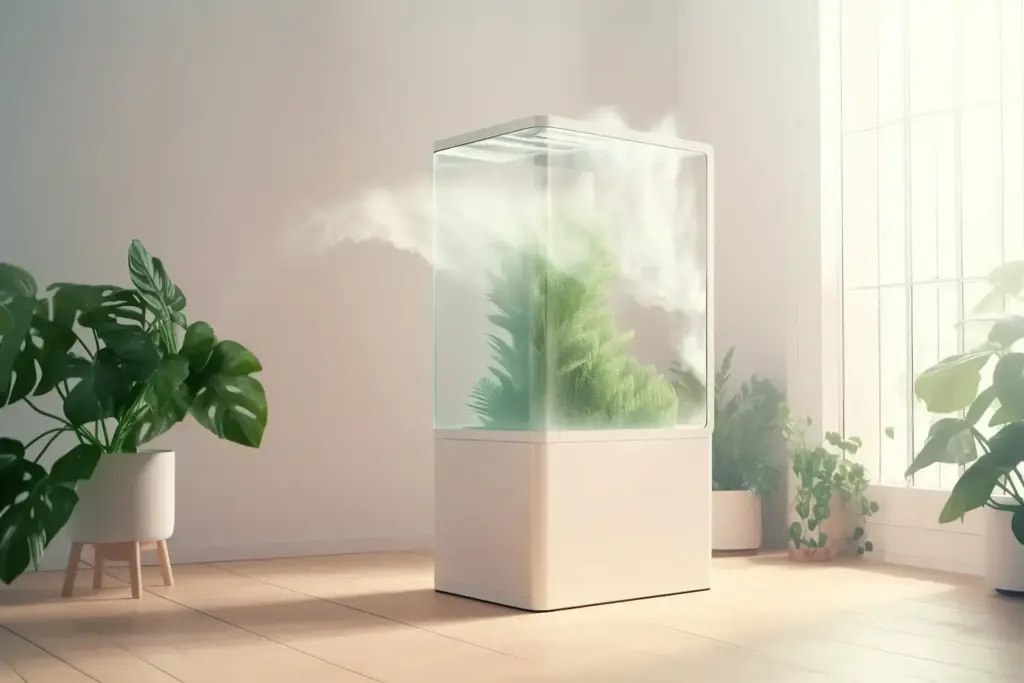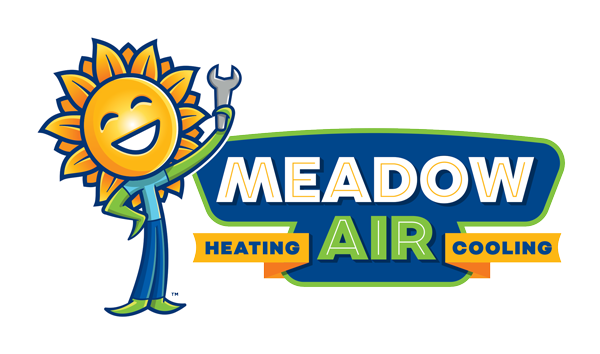Improving Indoor Air Quality: Simple Steps for Cleaner Air

Breathing clean air in your home is crucial, but several factors can reduce indoor air quality. Issues like dust buildup, use of products with synthetic fragrances, and uncontrolled humidity levels can affect the air you breathe.
Also, a poorly maintained HVAC system may not efficiently filter our indoor air, leading to more impurities. So, it’s important to understand these issues because they can directly impact your health and well-being.
With that in mind, if you’re looking to improve indoor air quality, here are some simple steps you can take to make your home a healthier place.
How to Clean the Air in Your Home
Regularly Change Your Air Filters
Changing your air filters regularly is an essential part of maintaining your HVAC system.
The filter’s job is to trap and hold all types of particulates and contaminants in the air that flows through your system. These include dust, dirt, pollen, hair, pet dander, bacteria, and other allergens.
Over time, as more and more particles are collected, the filter can become clogged. This can have several negative effects:
- Reduced Airflow: A clogged filter restricts the flow of air into your HVAC system. This can cause your system to work harder to circulate air, leading to increased energy use and potentially higher utility bills.
- Reduced Efficiency: As your system works harder due to reduced airflow, it also becomes less efficient. This means it might not heat or cool your home as effectively, leading to uneven temperatures and discomfort.
- Increased Wear on the System: The increased workload caused by a clogged filter can lead to additional wear and tear on your system, potentially shortening its lifespan and leading to more frequent repairs.
- Decreased Indoor Air Quality: If a filter is too clogged, it may not be able to effectively capture additional particulates, allowing them to circulate in your home’s air. This can decrease your indoor air quality and may lead to health issues, particularly for those with allergies or respiratory conditions.
For these reasons, it’s important to change your air filter regularly. The frequency depends on several factors, including the type of filter you use, the air quality in your home, whether you have pets, and the number of occupants in the home.
As a general rule, basic filters should be checked every month and changed at least every 30 days. If you have pets or suffer from allergies, you might need to change your filter more frequently.
Some higher quality filters, such as HEPA filters, can last 6-12 months before they need to be replaced, but they should still be checked regularly.
Increase Ventilation
In order to maintain good indoor air quality, proper ventilation is essential. Open your windows whenever weather permits to allow fresh air to circulate and remove indoor pollutants.
You can also install exhaust fans, particularly in high-humidity areas like the bathroom and kitchen, to help expel polluted air.
Use Air Purifiers
Air purifiers can greatly improve indoor air quality. They work by pulling in air, passing it through filters to capture contaminants like dust, pollen, and pet dander, and then circulating clean air back into your room.
Choose models with HEPA filters. They’re highly efficient and can capture 99.97% of airborne particles. Remember, placement is key, the purifier should be in an open space in a room where you spend a lot of your time.
To keep it working well, you’ll need to change the filters regularly, and remember to pick a model that’s suitable for the size of your room.
Keep It Clean
Keeping your home clean is key to better air quality. It’s not just about neatness. When you leave dust or pet hair around, it can make the air dirty. And don’t forget about hidden mold or mildew.
So, it’s important to vacuum regularly, clean surfaces and pay attention to those often-missed spots.
Control Humidity
High humidity can encourage the growth of mold and mites. These little troublemakers love dampness and can cause not only damage to your house, but can also affect your health.
On the other hand, if the air is too dry, it can irritate your skin and respiratory system. That’s why maintaining a balanced humidity level is so important.
Dehumidifiers can help if your indoor air is too moist, while humidifiers can add moisture to the air in dryer climates.
Avoid Synthetic Fragrances
Using synthetic fragrances in your home, like those in air fresheners or laundry detergents, can harm your indoor air quality.
They often contain chemicals which, when released into the air, can cause headaches or allergic reactions for some people. It’s better to use fragrance-free or naturally-scented products.
You can also opt for essential oils to freshen up your home. Using them in an electric diffuser or running them through a humidifier is another way to add some fragrance into your space without harming the air quality.
Maintain Your HVAC System
The HVAC system in your home is crucial for maintaining good air quality. Therefore, regular maintenance of this system is extremely important.
This includes checking and replacing filters as needed. Filters play an important role in capturing dust and other harmful particles from the air.
Having your HVAC system serviced regularly by a professional is also essential. This ensures that it’s working efficiently and effectively to provide cleaner air in your home.
Keep in mind that a well-maintained HVAC system isn’t just about comfort, but it also contributes to a healthier living environment by improving air quality.
Consider Indoor Plants
Indoor plants can be a great addition to your home for more than just decoration. They can also help improve the air quality.
Many indoor plants are known to naturally filter out some harmful toxins from the air. Plus, they release oxygen and absorb carbon dioxide during photosynthesis, which freshens up the air you breathe.
Some popular choices for indoor plants are spider plant, snake plant, Chinese Evergreen, English Ivy just to name a few.
No Smoking
Cigarette smoke is incredibly harmful and can drastically reduce indoor air quality. Make your home a no-smoking zone.
Take the First Step to Fresher Air with Meadow Air
At Meadow Air, we specialize in offering top-notch HVAC services that do more than just regulate your home’s temperature. We can help improve your indoor air quality, contributing to a healthier living environment.
We provide regular maintenance, inspections, and advanced solutions to ensure your HVAC system is at its best, filtering out pollutants and managing humidity levels effectively.
Don’t just take our word for it; experience the difference of cleaner, fresher air in your home. Choose Meadow Air today and make the step towards a healthier, more comfortable living space.
